Scotland's Rainforest
Download a pdf copy of this Practical Guide
About Scotland's Rainforest
Scotland’s temperate rainforest is as important as tropical rainforest for it’s biodiversity value. The unique habitat of ancient Oak, Birch, Ash, Pine and Hazel is made even more diverse by open glades, boulders, crags, ravines and river gorges.
Temperate rainforest is oceanic and found where there is a high level of rainfall, year-round mild temperatures and clean air such as the West of Scotland. This is a globally rare habitat as these climates cover less than 1% of the planet.
It’s the diversity of the mosses and lichens, which are found in vast quantities, that make Scotland’s rainforest internationally important. We have some of the best remaining rainforest sites in Europe.
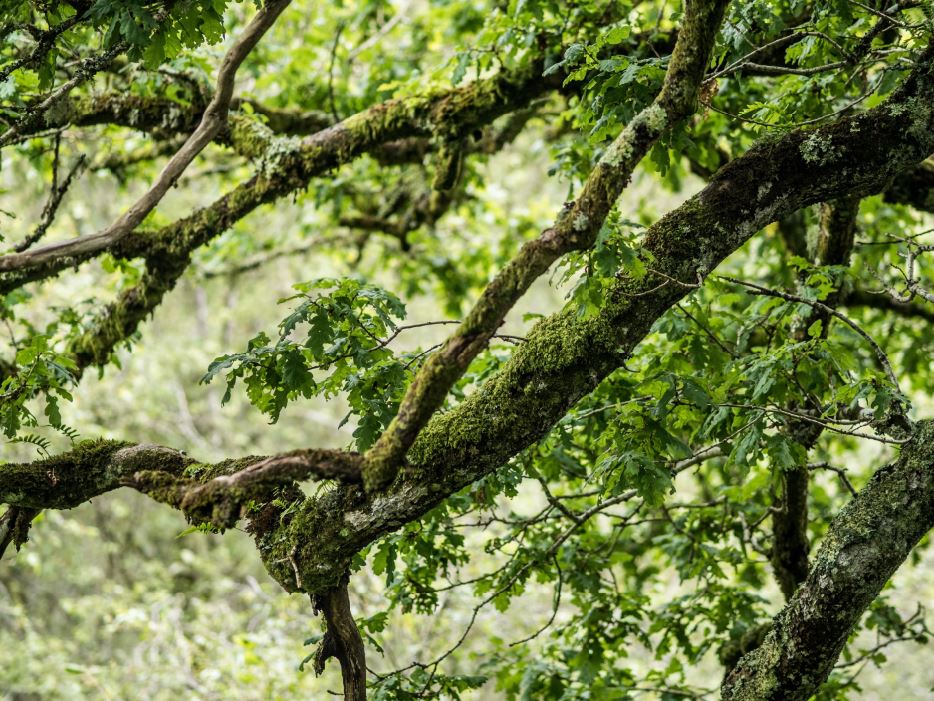
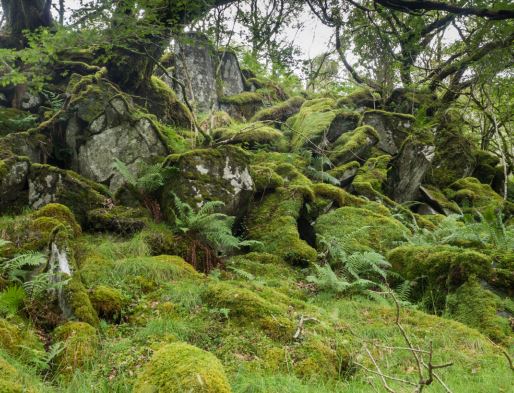
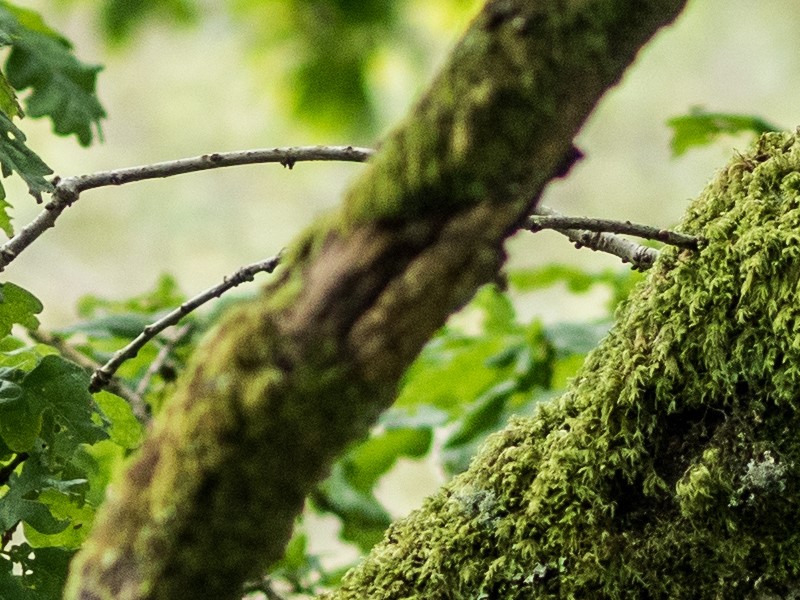
Threats to Scotland's Rainforest
Fragmentation: This once widespread woodland has been felled and grazed out of existence across the landscape. It now only survives in fragmented pockets often in ravines, steep slopes and coastal rocky areas. Fragmentation results in loss of diversity and inability for spores and seeds to be exchanged.
Overgrazing: Over 40% of the remaining woodlands are overgrazed by sheep or deer. These woodlands are depleted of many of the species which make the woodland special with only few moribund trees remaining.
Invasive species: Another 40% of rainforest areas are being choked by Rhododendron ponticum, an invasive species outcompeting native fauna and flora.
Under valued: There is little awareness of the biodiversity value of these woodlands, often called scrub by many landowners resulting in them being abused.
Pests and diseases: A risk to all woodland, particularly Ash dieback which threatens our Ash dominated rainforests.
Air pollution: Lichens and bryophytes, important species within these woodlands, require clean air and are sensitive to environmental conditions.
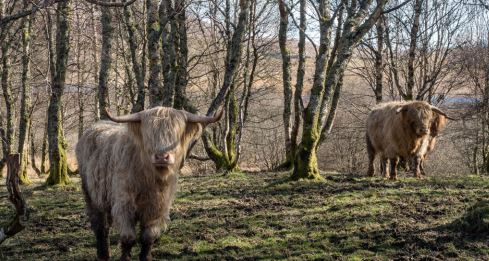
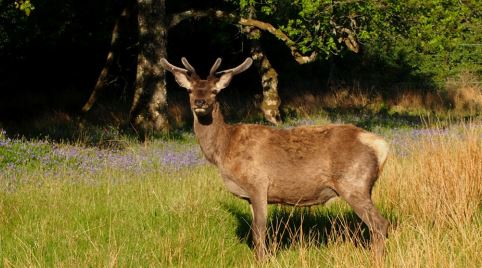
Scotland’s Rainforest: One of the Most Biodiverse Habitats in the UK
Hover over the tiles for more information
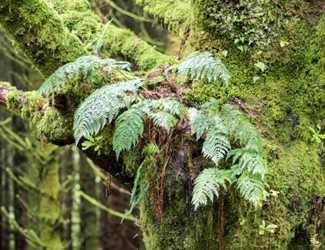
Bryophytes (mosses and liverworts)
Bryophytes (mosses and liverworts)
Scotland’s Rainforest supports over 200 different species of bryophyte.
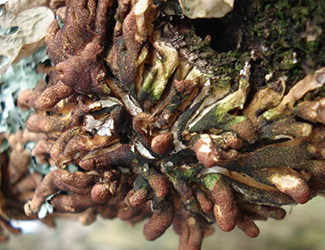
Fungi
Fungi
A number of globally scarce fungi survive in Scotland’s Rainforest including Hazel Gloves fungus (Hypocreopsis rhododendri) which is a conservation priority species growing on old Hazel trees.
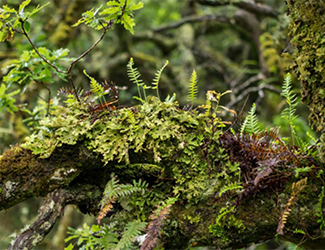
Ferns
Ferns
Grow everywhere from every surface.
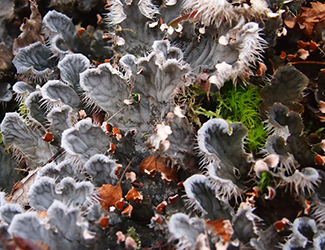
Lichens
Lichens
Scotland’s Rainforest supports up to 200 different species of lichens.
Scotland's Rainforest Action Plans

What can you do?
- Don’t over graze native woodland, many woodlands thrive under light grazing but long term heavy grazing will slowly destroy the woodland.
- Remove all invasive species as soon as they appear, particularly Rhododendron Ponticum which will choke the woodland destroying it’s
special biodiversity.
- Expand your native woodlands, particularly if you can link up areas of old woodland, to make larger areas.
Related FAS Resources
Sign up to the FAS newsletter
Receive updates on news, events and publications from Scotland’s Farm Advisory Service
